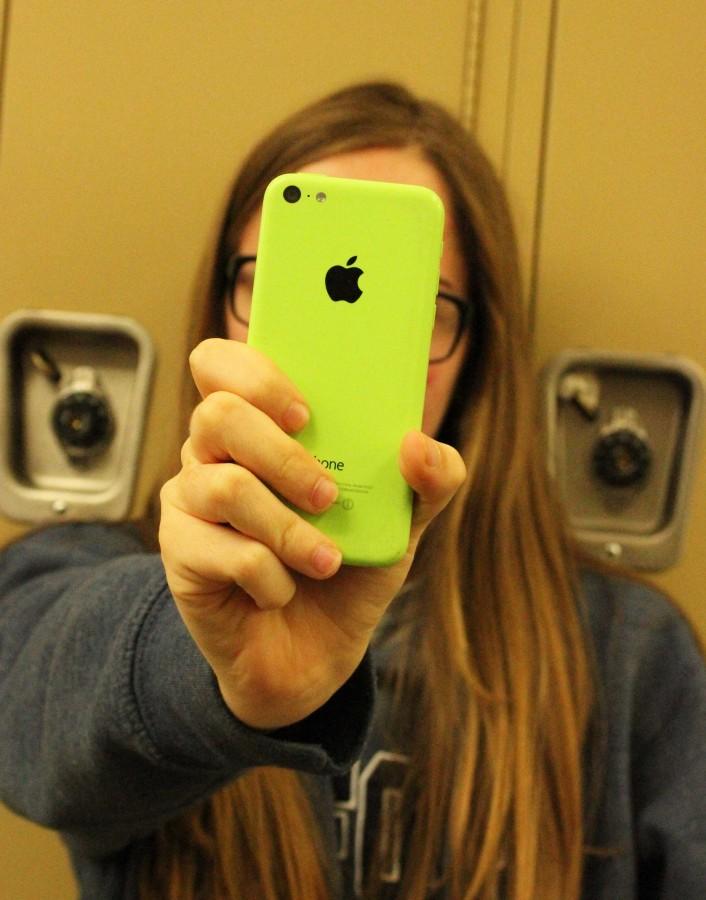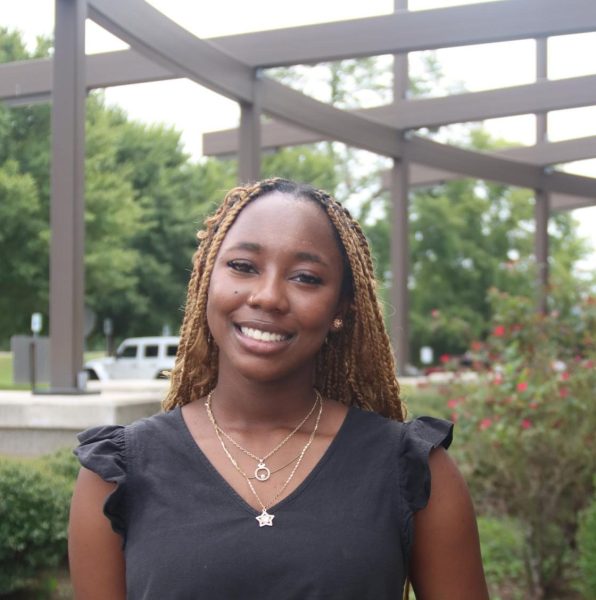FBI vs. Apple
April 6, 2016
With young adult books like The Hunger Games topping the New York Times bestsellers list, the concept of a dystopian society is not a new one. Recently, Apple released a press release admitting that the FBI had previously asked for an all-access backdoor key into any iPhone, citing the San Bernardino shooters as the prime focus.
“I wanted to show [my students] that our FBI unofficially wanted access into Apple’s software and can read formerly deleted [information],” sophomore English teacher Shawn Regan said. “They basically wanted Apple to create a software that that allowed them to find out information on a phone.”
This is widely considered not a one-time scenario. Many suggested that once the FBI got a hold of the “key to the back door,” they would not have to give it back.
“The implications of it are a lot more dangerous than finding out one criminal,” Regan said. “The implications are that the FBI could have access to information that they don’t have right now on all citizens.”
The situation affects all iPhone users although not all are concerned. Some question why rule abiding citizens should be worried.
“The [other side’s] big argument is that they don’t have anything to hide, but I don’t think anyone would like complete government observation,” sophomore Meagan Herbold said.
The FBI went to court against Apple to lawfully get access despite their protests, but the FBI recently revealed that they found another way to access the San Bernardino shooters’ iPhone without saying how.
“I’m not for a government that has zero restrictions,” Regan said. “I think once you get into asking Facebook, Google and Apple for access into their databases, that’s just bad news.”
The secret into accessing locked iPhones has obviously stayed within the government, with the FBI agreeing to help Arkansan investigators get into a criminal’s phone in a recent murder trial. Just days after the FBI said that they had gotten into the San Bernardino shooter’s phone, the agency agreed to help gain access to a pair of Apple devices, an iPod and and iPhone, owned by the two suspects involved in the murder of Patricia and Robert Cogdell.
“[Where] it looks like everything is fenced in and secure up front, our government would have the key to the back door so they could go get information so they could find out more,” Regan said.






